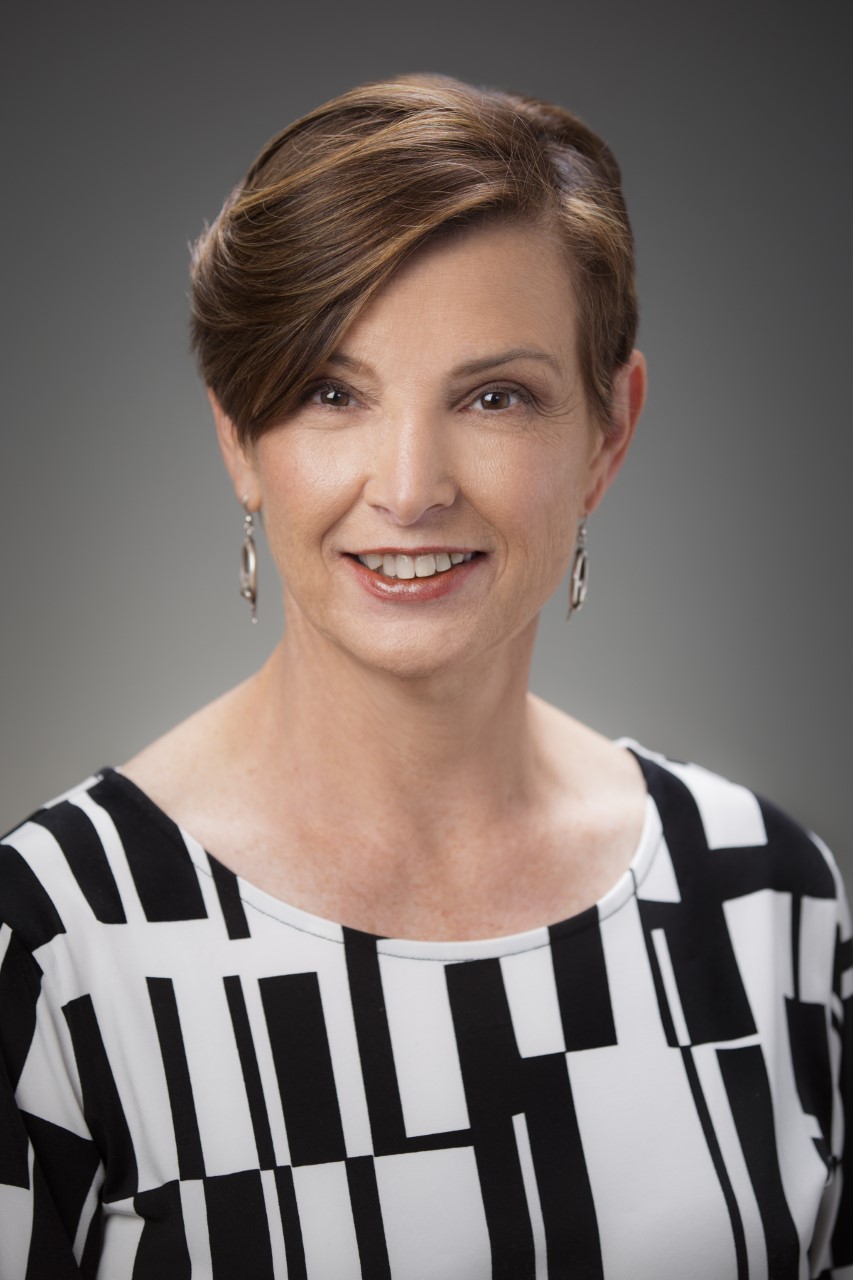Martin: Time doesn’t stay in a bottle
By Melissa Martin

We like to romanticize a message in a bottle as it ebbs and flows with ocean waves. When the bottle finds a person, the message is read. But the passage of time does not slow down or speed up. Time on a continent, the mainland, an island, a country, or a city is still just ‘time.’ Time in an airplane, on a boat, a vehicle or a bicycle is still just ‘time.’ Time spent crawling, walking, running, or skipping is still just ‘time.” Time travels on.
Jim Croce was an American folk singer and songwriter. He wrote “Time in a Bottle” in 1970. He died an untimely death in 1973. Time is an elusive creature.
The very young yearn to be older. The very old yearn to be younger. The young desire independence, ability to make decisions, and eighteenth birthday freedom. The old desire health, peace, and more birthdays.
What do the young and old have in common? Time. We wish time would stand still during our utmost moments—but it cannot. The young want to travel into the future. The old want to travel back to the past. Both young and old desire to change time.
Humans cannot control or boss time around. Although humans developed clocks and calendars, time serves no human being. Time ultimately becomes our master. We can manage our activities but not time.
Alas, the hands on the clock only go forward and never backward. The brain goes back in time, sort of, as we remember memories. Events, celebrations, and happenings are captured in photographs, videos, and history books, but time cannot be captured. A sunrise and a sunset cannot be halted by humanity.
The arrow of time, a concept developed by an astrophysicist, suggested a one-way direction of time. You can make an egg into an omelet, but you can’t turn an omelet back into an egg.
Is time an enemy to the earthly body? Or a friend to the afterlife?
“Time goes, you say? Ah no! Alas, Time stays, we go.”—Henry Austin Dobson
The year 2019 will come to an end like the year before. Another year gone, but not forgotten. The past year brought births and deaths. Marriages and divorces. Graduations and retirements. Before, during, after. Yesterday, today, tomorrow. Phases, stages, ages. Tick, tick, tick. Time travels on.
People change. The passage of time doesn’t change. The planet changes. The passage of time doesn’t change. The universe changes. The passage of time doesn’t change.
In 2020, we still only get 168 hours per week. That’s it. No more. No less. What will you do differently with your time?
“There’s just not enough time in the day.” That’s the mantra of many people around the globe. Wake-up. Do the day. Sleep. And repeat each day until the weekend. And cram so many goings-on into two days that by Sunday night you’re exhausted. Is the to-do list too long? Back-to-back obligations with no downtime is a recipe for stress. Put a no-no on that go-go.
How often do you tell your kids to “hurry up” or “keep moving?” Hushing, rushing, and shushing.
The Busy Life of Ernestine Buckmeister, a picture book, by Linda Lodding is about a child with too many activities. “Her well-meaning, busy parents have packed her after-school hours, turning Ernestine into the over-scheduled poster child of today.” Ernestine just wants some time to play. www.flashlightpress.com.
Intense time pressure and impractical deadlines can lead to mood changes, poor decision-making, and feeling overwhelmed. What’s the cure for employment busyness and burnout? Are you too busy to find the solution?
Being more organized may help, but doesn’t slow down or stop time. We operate under the fallacy that when things settle down, we’ll have more time. Really?
We allow television and technology to steal away our time from face to face relating to others.
Burst the busyness bubble with awareness that life is about balance. We can’t save time in a bottle and pour it out when in a pinch. We can save up vacation days but not time.
“Whether it’s the best of times or the worst of times, it’s the only time we’ve got.”—Art Buchwald
Melissa Martin, Ph.D., is an author, columnist, educator, and therapist. She lives in US.





